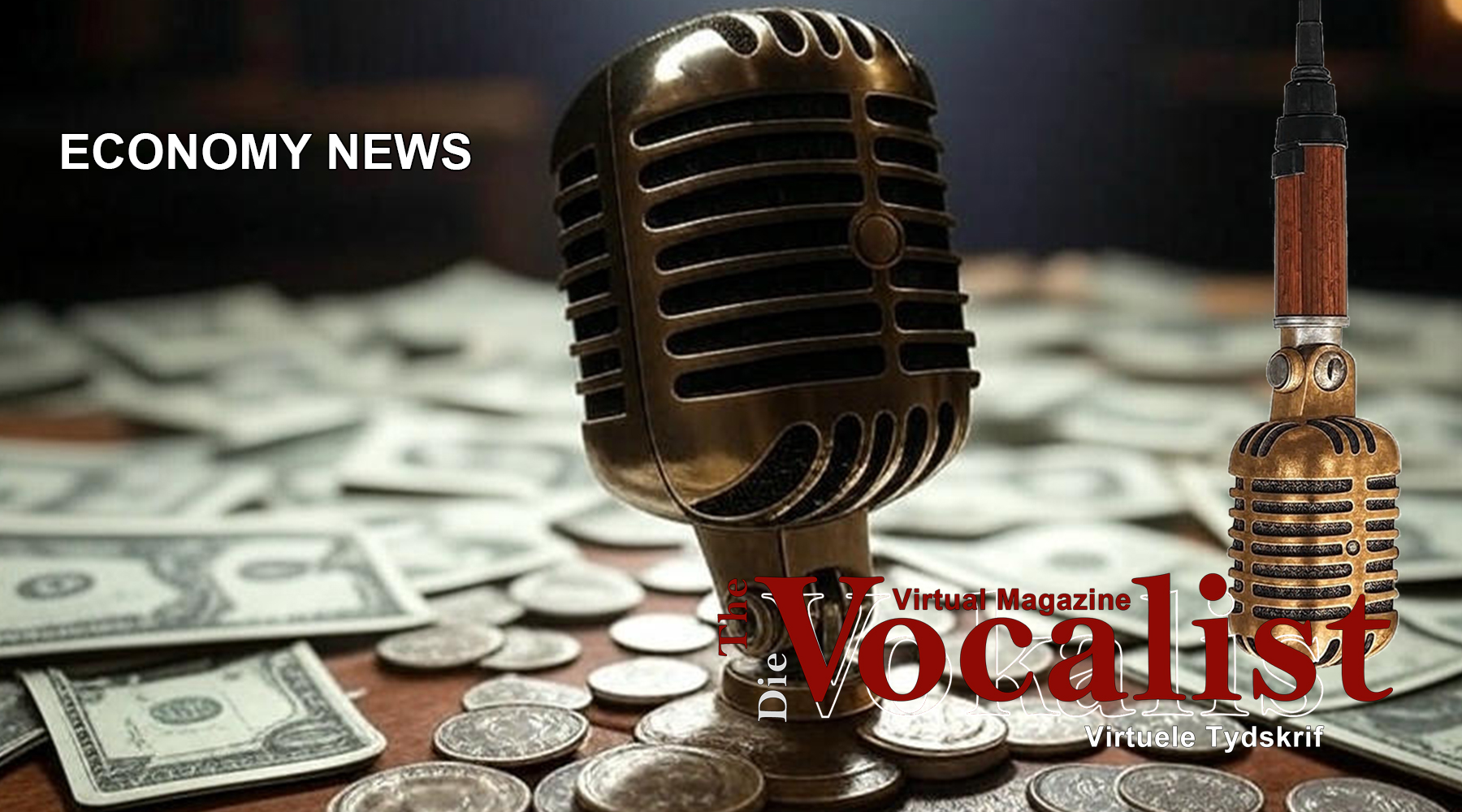In a transformative moment for South Africa’s vibrant music industry, artists across the nation are reaping the benefits of a groundbreaking policy shift. As of July 1, 2025, new streaming regulations have been implemented, driving a significant increase in royalty payments to South African musicians. This development marks a turning point for an industry that has long grappled with the challenges of fair compensation in the digital age, offering a lifeline to both established stars and emerging talents.
The updated regulations have redefined how digital platforms compensate South African artists. Previously, musicians earned a modest 0.05 ZAR per stream—a rate that often left them struggling to sustain their careers. Now, the minimum royalty rate has doubled to 0.10 ZAR per stream, a change that has already led to a reported 25% surge in payments within the first month of implementation. Beyond the increased rate, artists are also entitled to retroactive payments for streams dating back to January 2025, injecting a much-needed financial boost into the creative community.
This policy shift stems from a concerted effort to safeguard the economic well-being of South Africa’s musicians, who are widely regarded as cultural ambassadors. The government has positioned these regulations as a cornerstone of its broader mission to modernize copyright laws and ensure that the digital economy benefits creators, not just corporations. With the music industry contributing roughly 1.5% to the nation’s GDP, the stakes are high—and the potential rewards even higher. Projections suggest that these changes could increase the sector’s economic impact by 0.5% over the next five years, a growth fueled by artists reinvesting their earnings into local ecosystems like recording studios, live events, and equipment suppliers.
For many musicians, the impact is immediate and profound. Established artists have noted a marked improvement in their royalty statements, while up-and-coming creators see the increased income as a chance to elevate their work. “It’s a game-changer,” one prominent artist remarked. “I can finally afford to focus on my music without worrying about how to pay the bills.” Another rising star echoed this sentiment, highlighting how the funds will enable greater investment in production quality and marketing—key factors in breaking into competitive global markets.
Yet, the road to this achievement has not been without hurdles. Digital platforms have voiced concerns over the financial strain of the new rates, hinting at potential subscription price hikes for South African users. Despite these warnings, industry advocates argue that the long-term benefits outweigh short-term adjustments. “Musicians have been underpaid for far too long,” one expert noted. “This is about correcting an imbalance and ensuring the industry remains sustainable.” The government has also introduced measures to mitigate piracy and unauthorized use, including tougher penalties and enhanced support for artists pursuing legal recourse against infringers.
The regulations extend beyond royalty rates, addressing systemic issues that have plagued the industry. Efforts are underway to improve transparency in how royalties are calculated and distributed, responding to complaints from artists about inconsistent payments. To support smaller, independent musicians—who often lack the resources of their mainstream counterparts—a new grant program is slated for launch in September 2025. This initiative will provide funding for marketing, distribution, and legal assistance, leveling the playing field and fostering a more inclusive music economy.
The ripple effects of this policy are poised to extend beyond South Africa’s borders. Neighboring countries have taken note, with some expressing interest in adopting similar frameworks to bolster their own creative sectors. On a continental scale, this move is being hailed as a potential blueprint for balancing the interests of artists and digital platforms. “South Africa is leading the way,” one regional official observed. “This could spark a wave of reform across Africa, empowering musicians everywhere.”
Economically, the implications are vast. As artists see their incomes rise, they are likely to channel funds back into their communities, supporting a network of small businesses and cultural initiatives. From sound engineers to event promoters, the benefits of this financial uplift are shared across the industry’s value chain. Moreover, the increased revenue strengthens South Africa’s position as a global music powerhouse, attracting attention from international labels and streaming giants eager to tap into its talent pool.
While the new regulations have been met with widespread approval, challenges remain. Some artists continue to report discrepancies in royalty disbursements, prompting calls for greater oversight. In response, authorities have pledged to collaborate with industry bodies to refine the system, ensuring payments are both accurate and timely. Additionally, the looming threat of higher subscription costs looms large, though analysts predict that consumer demand for South African music—bolstered by its growing global profile—will offset any resistance to price adjustments.
Looking ahead, the success of these regulations could herald a new era for South African musicians. With financial stability within reach, artists are better equipped to innovate, collaborate, and compete on the world stage. The policy also sends a powerful message: that creativity deserves to be valued and rewarded. As one industry insider put it, “This isn’t just about money—it’s about respect. It’s about recognizing the worth of our musicians and giving them the tools to thrive.”
For now, the mood among South Africa’s music community is one of cautious optimism. The increased royalties are a tangible win, but the true test lies in how these changes are sustained and built upon. As the nation continues to navigate the complexities of the digital age, its musicians stand at the forefront of a movement that could redefine the economics of creativity—not just for South Africa, but for the world.
Discover more from Vocalist
Subscribe to get the latest posts sent to your email.





